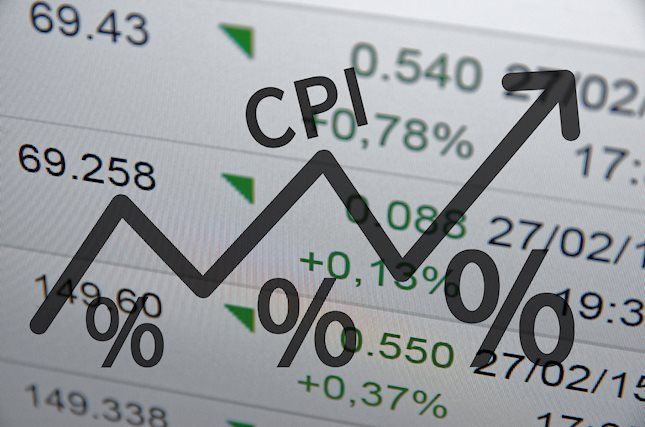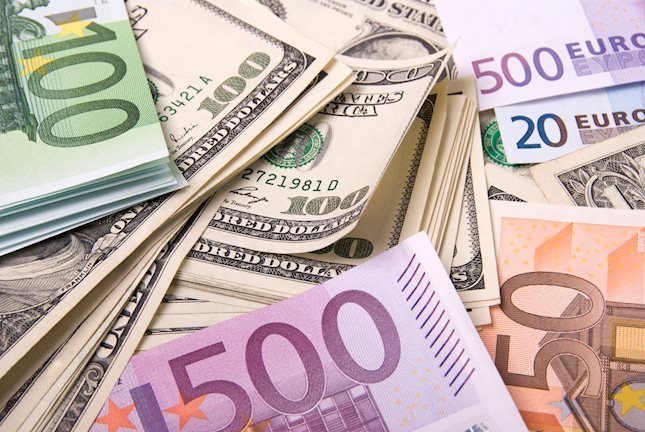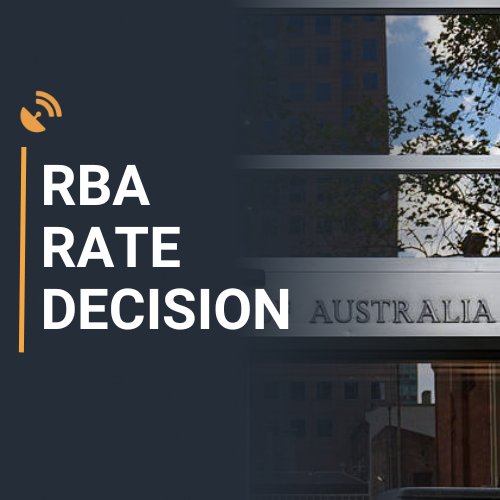Citing four sources, Reuters reported on Thursday, the European Central Bank (ECB) policymakers’ meeting in Frankfurt last week agreed that the ECB would stick to a "floor" system, where the central bank effectively sets the lowest rate at which banks would lend to each other.
Additional takeaways
The ECB will not single-handedly decide how much liquidity it provides to the banking system once it has finished draining excess reserves some years from now.
Policymakers agreed commercial banks would help determine that by borrowing the reserves they need from the ECB.
To facilitate this, the ECB will make it cheaper for banks to borrow by lowering the rate on its weekly cash auctions, currently at 4.5%, and bringing it closer to its 4.0% deposit rate.
Policymakers also agreed they would tolerate some fluctuations in the Euro Short-Term Rate (ESTR), the benchmark in the inter-bank market, around the ECB's own deposit rate.
They expect to announce this new framework -- known in market parlance as a "demand-driven floor" -- next month, potentially as early as the ECB's non-policy meeting on March 13.
Market reaction
The Euro shows little to no reaction to the above report, with EUR/USD flatlining near 1.0835, at the press time.
ECB FAQs
What is the ECB and how does it influence the Euro?
The European Central Bank (ECB) in Frankfurt, Germany, is the reserve bank for the Eurozone. The ECB sets interest rates and manages monetary policy for the region.
The ECB primary mandate is to maintain price stability, which means keeping inflation at around 2%. Its primary tool for achieving this is by raising or lowering interest rates. Relatively high interest rates will usually result in a stronger Euro and vice versa.
The ECB Governing Council makes monetary policy decisions at meetings held eight times a year. Decisions are made by heads of the Eurozone national banks and six permanent members, including the President of the ECB, Christine Lagarde.
What is Quantitative Easing (QE) and how does it affect the Euro?
In extreme situations, the European Central Bank can enact a policy tool called Quantitative Easing. QE is the process by which the ECB prints Euros and uses them to buy assets – usually government or corporate bonds – from banks and other financial institutions. QE usually results in a weaker Euro.
QE is a last resort when simply lowering interest rates is unlikely to achieve the objective of price stability. The ECB used it during the Great Financial Crisis in 2009-11, in 2015 when inflation remained stubbornly low, as well as during the covid pandemic.
What is Quantitative tightening (QT) and how does it affect the Euro?
Quantitative tightening (QT) is the reverse of QE. It is undertaken after QE when an economic recovery is underway and inflation starts rising. Whilst in QE the European Central Bank (ECB) purchases government and corporate bonds from financial institutions to provide them with liquidity, in QT the ECB stops buying more bonds, and stops reinvesting the principal maturing on the bonds it already holds. It is usually positive (or bullish) for the Euro.
Information on these pages contains forward-looking statements that involve risks and uncertainties. Markets and instruments profiled on this page are for informational purposes only and should not in any way come across as a recommendation to buy or sell in these assets. You should do your own thorough research before making any investment decisions. FXStreet does not in any way guarantee that this information is free from mistakes, errors, or material misstatements. It also does not guarantee that this information is of a timely nature. Investing in Open Markets involves a great deal of risk, including the loss of all or a portion of your investment, as well as emotional distress. All risks, losses and costs associated with investing, including total loss of principal, are your responsibility. The views and opinions expressed in this article are those of the authors and do not necessarily reflect the official policy or position of FXStreet nor its advertisers. The author will not be held responsible for information that is found at the end of links posted on this page.
If not otherwise explicitly mentioned in the body of the article, at the time of writing, the author has no position in any stock mentioned in this article and no business relationship with any company mentioned. The author has not received compensation for writing this article, other than from FXStreet.
FXStreet and the author do not provide personalized recommendations. The author makes no representations as to the accuracy, completeness, or suitability of this information. FXStreet and the author will not be liable for any errors, omissions or any losses, injuries or damages arising from this information and its display or use. Errors and omissions excepted.
The author and FXStreet are not registered investment advisors and nothing in this article is intended to be investment advice.
Recommended content
Editors’ Picks

How will US Dollar react to September inflation data? – LIVE
September Consumer Price Index (CPI) data from the US is set to ramp up the market volatility in the American session. Investors see virtually no chance of a 50 bps Fed rate cut in November but a strong inflation report could alter expectations.

EUR/USD stays weak below 1.0950 ahead of US CPI
EUR/USD maintains its offered tone and trades below 1.0950 after ECB Accounts failed to trigger a reaction on Thursday. Markets remain cautious and refrain from placing any fresh bets on the pair ahead of the US CPI report.

GBP/USD trades with caution below 1.3100, awaits US CPI
GBP/USD treads water below 1.3100 in the European trading hours on Thursday. The pair is unable to benefit from a pause in the US Dollar uptrend amid a tepid risk tone ahead of the key US CPI inflation data release.

Gold price bulls seem non committed as focus remains glued to US CPI report
Gold price attracts some buyers on Thursday and for now, seems to have snapped a six-day losing streak to a nearly three-week low, around the $2,605-2,604 area tested the previous day.

RBA widely expected to keep key interest rate unchanged amid persisting price pressures
The Reserve Bank of Australia is likely to continue bucking the trend adopted by major central banks of the dovish policy pivot, opting to maintain the policy for the seventh consecutive meeting on Tuesday.

Five best Forex brokers in 2024
VERIFIED Choosing the best Forex broker in 2024 requires careful consideration of certain essential factors. With the wide array of options available, it is crucial to find a broker that aligns with your trading style, experience level, and financial goals.